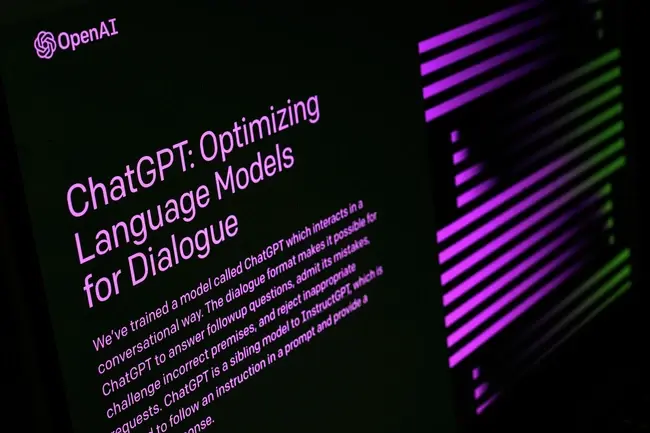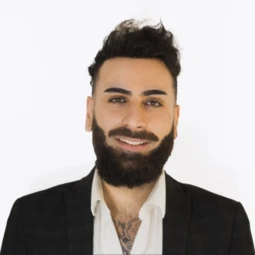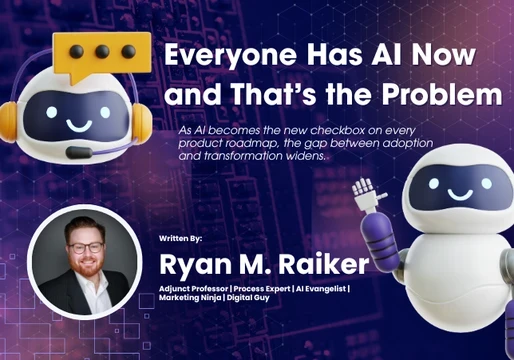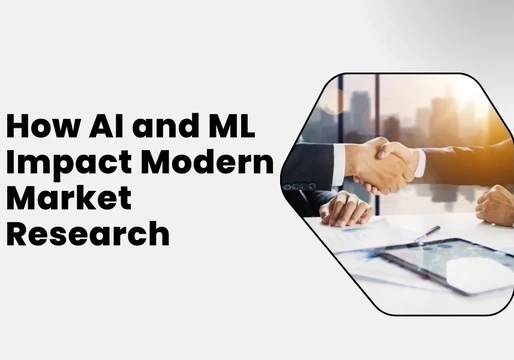According to one study, artificial intelligence chatbot ChatGPT might have an impact on the jobs of almost 80% of US workers...
...observers regard it as one of the most significant technological developments since the invention of the computer or the internet.

What is it?
ChatGPT is a free artificial intelligence language model developed by OpenAI. It is part of the GPT (Generative Pre-trained Transformer) family of models, which are designed to generate human-like language and perform various language-related tasks such as translation, summarisation, and question answering.
ChatGPT, in particular, is trained to engage in human-like conversation and provide helpful responses to user queries, making it a popular choice for chatbot applications in various industries.
Who's at risk?
OpenAI, the Microsoft-backed technology business that developed the programme, claims that the technology could affect at least 10% of the US workforce. Analysis discovered that 19% of workers might have up to 50% of their duties disrupted.
Furthermore, researchers discovered that higher-paying positions, which may require the worker executing many software-based tasks, may be more vulnerable to possible disruption from AI-powered chatbots.
The survey also discovered that professions that rely significantly on scientific and critical thinking skills are less vulnerable to automation. Jobs that need programming and writing skills, on the other hand, are more vulnerable to automation.
The study's authors highlighted certain jobs that are at high danger of automation, such as web and digital interface designers, blockchain engineers, tax preparers, writers and authors too.
Below is a list of all the jobs that could be automated as a result:

So, what's next?
It comes after Microsoft co-founder Bill Gates cautioned that artificial intelligence will have the same impact on people's lives as computers, the internet, and mobile phones.
He believes AI will revolutionise the worlds of work, learning, travel, healthcare, and communication.
Gates wrote in his blog how he was taken aback by ChatGPT after challenging OpenAI to train an artificial intelligence to pass a difficult biology exam last year.
"I thought that it would keep them busy for two or three years. They finished it in a few months," Gates said. "I watched in awe as they asked GPT 60 multiple-choice questions from the AP Bio exam and it got 59 of them right.







Comments ( 0 )